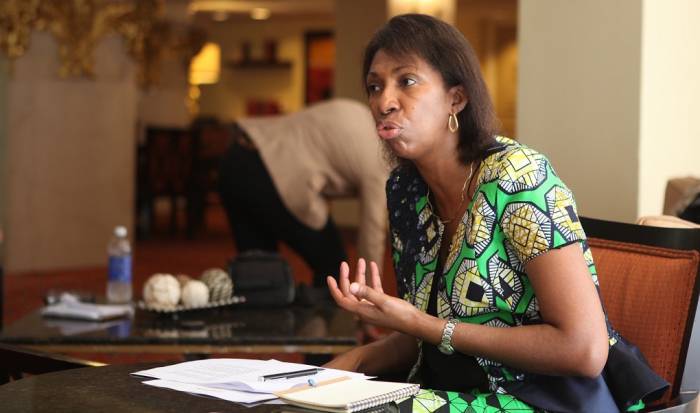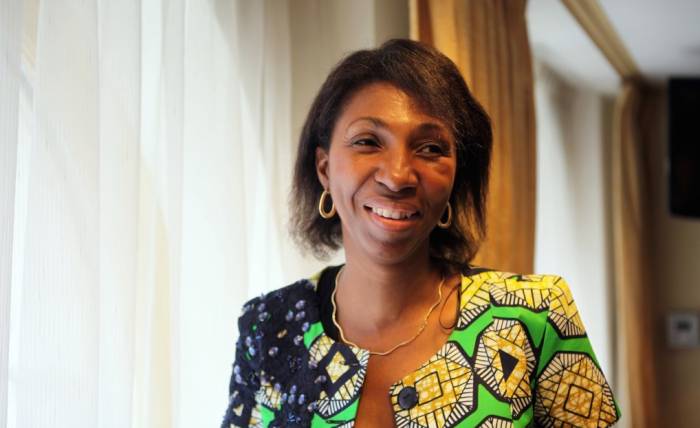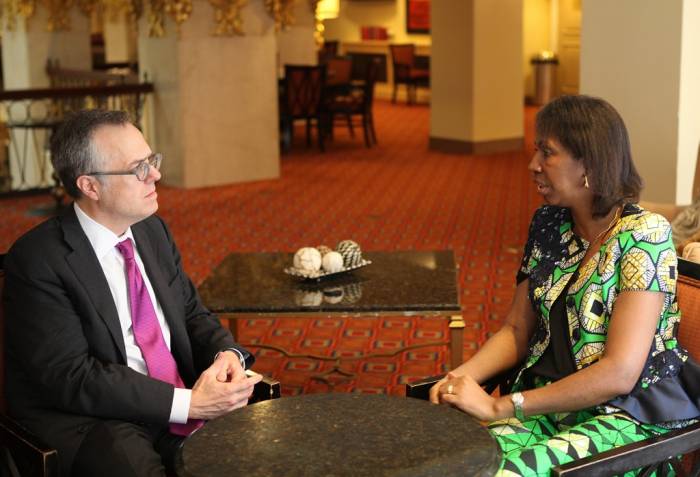
source
The Democratic Republic of the Congo (DRC) is plagued by rape and child soldier recruitment. About a year ago, President Kabila appointed Jeanine Mabunda Lioko to address these issues. She is the Personal Representative of the President in Charge of the Fight Against Violence and Child Recruitment for the nation. In an interview with Michael Gerson of the ONE campaign, she talks about how far the country has come and what still needs to be done.
Conditions Have Improved
“We have come a long way. After a decade of violence things won’t change overnight, but at least we are turning things around” she told Gerson. “We can speak about peace and believe in peace. Things are getting better because there has been a public assertion and the highest level of presidential commitment that we should not accept the indignity of women and children being used in armed conflict. And it seems to be paying off, because if you refer to UN reports, in 2013 we recorded 15,000 rape cases in conflict zones, and one year later the number is 10,800, a decrease of 33%. “

{adinserter CNP5}
What Causes The Conflict?
According to Lioko, the main cause of violence was the war – “Some rebels used violence against women and children as tactic or war strategy to terrorize them, obtain control and gain access to resources. We identified six areas needing work, which include better data collection and ending the culture of impunity. We have to fight against impunity because that’s the cornerstone of the problem and it can undermine and derail the other areas. The DRC has been perceived as complacent when it comes to security forces raping women.”

How Can This Change?
Her solutions to finally end the violence are education, reflection, economic re-integration, communication and advocacy. “At the beginning, I was more in crisis mode. But after a while one has to think longer term. We have to question what it says about our society that women are raped. We have to punish people, but we also need to educate people to respect women. It all starts with education, at school and in other areas of civic life…The best way to change that is by intensifying education and making people aware that it’s illegal and wrong and that women are not inferior. I also think that education of the little girl is very important. I met some former children in Goma who told me that they had never seen a woman minister, a woman politician, a businesswoman. So, if you don’t show them these models, they do not know that it’s possible for them to reach that level.”

SEE ALSO: A Woman Is Saving Ghana’s Widows From Enduring Humiliation.






